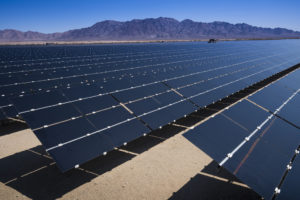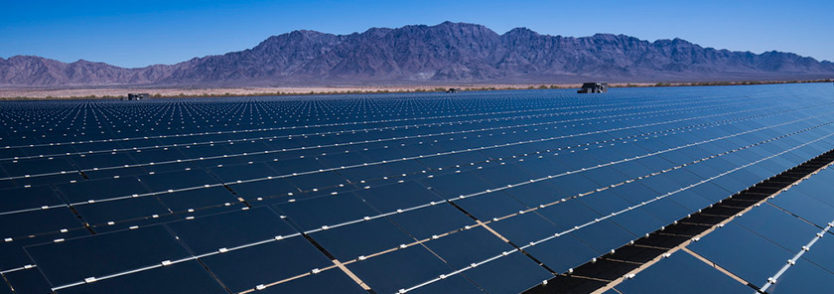Specifically, what’s going on with renewable fuels, SEC. 48-solar, geothermal, stationary fuel cells, electric vehicles, energy efficient buildings and more?
 Energy Extenders/energy tax bill to come after tax reform
Energy Extenders/energy tax bill to come after tax reform
According to several members of the Senate Finance Committee, Senate Republicans are considering extending a group of expired energy tax provisions in a year-end extenders bill in December rather than addressing them through tax reform.
Committee member and Senate Republican Whip John Cornyn of Texas said that GOP senators agreed to leave renewable energy provisions out of the tax reform legislation.
Cornyn said “what we’ve agreed to do is leave the tax extenders” for renewable energy and other things out of the Finance Committee’s tax bill. He said there are “a number of people in our conference who want us to address it, but we’ll do it separately.
Bi-partisan involvement required for Extenders Package in December
Finance Committee Member Dean Heller (R-NV) said there has “been a lot of discussion” among lawmakers on several expiring energy tax incentives. Heller expects an extenders package in December. Heller said “what doesn’t get into a tax bill will be a part of that discussion.”
Senator Benjamin Cardin (D-MD) suggested that Democrats plan to be involved in the December extenders bill. Cardin said that “energy is divisive among Republicans, and therefore they need Democrats to work with them on that . . .If they put it in [the tax reform bill], they wouldn’t have the critical mass in order to get it done.”
Cornyn admitted that there are disagreements among Republicans on energy tax policy. He explained that there is “some controversy associated with it. Some people feel like we shouldn’t continue to be subsidizing some of these projects for years and years, and other people feel we should.”
Effect of changes to Renewable Energy Investment Tax Credit in House Bill
 Finance Committee Member Chuck Grassley (R-IA) wanted assurance there would be a second tax bill this year to address outstanding issues on certain renewable energy incentives before he agreed not to take up the renewable energy incentives as part of the Senate tax bill. Grassley filed several amendments to the Senate version of H.R. 1, one of which related to a tax incentive for biodiesel fuel production.
Finance Committee Member Chuck Grassley (R-IA) wanted assurance there would be a second tax bill this year to address outstanding issues on certain renewable energy incentives before he agreed not to take up the renewable energy incentives as part of the Senate tax bill. Grassley filed several amendments to the Senate version of H.R. 1, one of which related to a tax incentive for biodiesel fuel production.
Grassley and Senator Michael Bennet (D-CO) complained about the House version of the Tax Cuts and Jobs Act during the committee’s markup on November 14, focusing on how it dealt with renewable energy.
The House’s version of the Tax Cuts and Jobs act would eliminate the inflation adjustment of the renewable energy production tax credits, reducing the value from about 2.3 cents per kilowatt-hour to the base amount of 1.5 cents per kilowatt-hour, and change how the qualifying date for the credit is calculated.
According to Grassley and Bennet, for certain renewable energy investment tax credits, the House bill would “harmonize the expiration dates and phase-out schedules for different properties,” making them available for property construction that begins before 2022, with phase-outs beginning for certain incentives in 2020.
The permanent 10 percent investment tax credit for solar and geothermal energy property would be eliminated after 2027, according to a section-by-section summary of the measure.
Specifically, Grassley and Bennet contended that the House bill would undercut a deal made in the 2015 omnibus appropriations bill to phase out tax incentives for wind energy by 2020. Grassley argued that the House bill does “great damage to our transition rule.”
For more insights into tax reform and, more specifically, how it affects the energy sector, subscribe to the Tax Policy Update.

